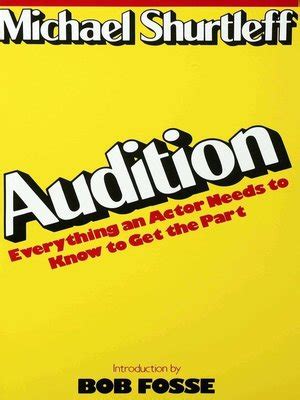A Quote by Rick Perry
I want you to answer this question: Why should you settle for anything less than an authentic conservative who will fight for your views and values without an apology? Think about that.
Related Quotes
Settling is about not embracing what is best for you and accepting what you really don't want. When you settle, you accept less than you deserve. Settling becomes a habit and a way of life, but it doesn't have to be. According to Maureen Dowd, "The minute you settle for less than you deserve, you get even less than you settled for
Lawyers know that certain witnesses are simply not going to be cooperative and are not going to answer the questions. And what matters at that point is what is your question? Because everything you want the jury to know should be in your question, or everything you want the jury to wonder about should be in your question.
Most people don't know this, but if you settle a debt for less than the amount you owed, you are potentially responsible for taxes on the forgiven debt. Look at it this way: You received goods and services for the full amount of debt, but you're only paying for a portion of it - sometimes less than 50%. Anything more than $600 is generally considered taxable, but the IRS will sometimes waive the tax if you can prove that your assets were less than your liabilities when the debt was settled.
I also think that employees these days expect less of a separation of work and personal life. That doesn't mean that work tasks should encroach upon our personal time, but it does mean that employees today expect more from the companies for whom they work. Why shouldn't your workplace reflect your values? Why is "giving back" not a part of our jobs? The answer for us is to integrate philanthropy with work.
If you have a little inteligence, sooner or later the question is bound to arise: What is the point of it all? Why? It is impossible to avoid the question for long. And if you are very intelligent, it is always there, persistently there, hammering on your heart for the answer: Give me the answer! - Why?
Do you want to be with Dave for the rest of your life?” Then he rips off a piece of paper and picks up the smallest charcoal stick from my set. He writes something. He passes it over to me. It says: Time will tell. “And while you’re waiting,” he says, “don’t settle for anything less than what you really want.
I do not see why the axiom of Prudence should not be questioned, when it conflicts with present inclination, on a ground similar to that on which Egoists refuse to admit the axiom of Rational Benevolence. If the Utilitarian has to answer the question, 'Why should I sacrifice my own happiness for the greater happiness of another?' it must surely be admissible to ask the Egoist 'Why should I sacrifice a present pleasure for a greater one in the future? Why should I concern myself about my own future feelings any more than about the feelings of other persons?'


































